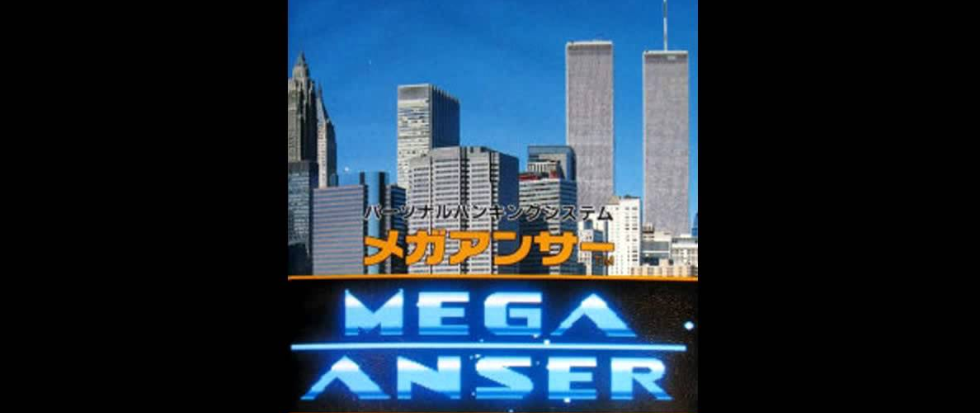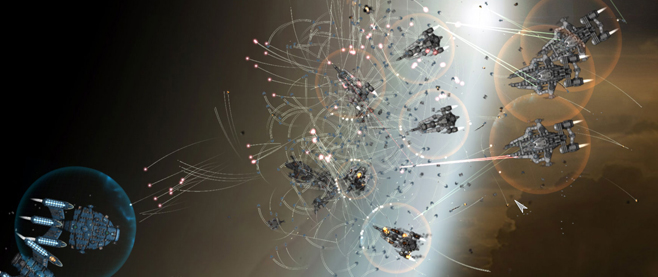
How One of the Best 16-bit Soundtracks was Lost to Time
It’s not that often that we don’t know things. Hold on, let me back up. What I meant to say was, how often do we want to find a piece of information and cannot find what we’re looking for? Honestly, the fleeting moments of not knowing, are as deep as our pants pocket. Knowing is the easiest thing to do, we just get online and brace in front of the overwhelming fire hose of the internet until our refreshed hands prune. In 2018, rarely are we ever espoused with curiosity, to then be denied by a reality that there are things that you just don’t, nor ever will, know. Leaving us stagnant and unfulfilled.
I was on Twitter late one night, catching up on the day’s events, when through the stream of headlines and thinkpieces, something caught my glazed eye. User @Kate_Dey tweeted a link to a YouTube video of what appeared to be a soundtrack. Desperately needing a reason to validate my time on that god forsaken website, I open the link. When I started listening to it, I had no idea what game this soundtrack was from. But as I listened to track after track, I was blown away by how good it was. I have heard plenty of chiptune soundtracks, and this one was up there with some of the best I had ever heard. The onscreen image appears to be a cartridge case that reads “Sega Mega Anser” across the cover. I rush to Wikipedia to search “Sega Mega Anser. All I can find is a brief paragraph explaining that it was a banking peripheral developed for the Sega Mega Drive. It was never released in the west, and was pulled from shelves after being on the market for only a year. The Mega Anser included applications that tracked financial information and banking transactions, while also acting as an answering machine through the Mega Drive’s modem. A pretty ambitious peripheral for 1990, but I can’t say I’m surprised it didn’t catch on.
I was blown away how the soundtrack operates on such a wide melodic spectrum. Most soundtracks of this era would try to stay within a certain tempo throughout. As I kept listening, hearing bright effervescent jaunts transition to moody marches, marauding down tempo songs make way to 150 BPM dance tracks, it was dumbfounding to me that something so dry and utilitarian would have a soundtrack bursting with so much life. Why does this convoluted answering machine play emotive heartfelt songs?
Another aspect of the soundtrack that caught my attention was how layered and detailed they are. The Mega Anser soundtrack is filled with lush moments where there is more going on in the low end than the high end. These tracks are often textured with soft drums and gentle bass patterns. Which is wild, because who’s going to hear that? No one is cranking their banking software when they are logging on to make a deposit. Also, these songs would most likely be played through crappy internal speakers on a CRT television. These low tones will surely be lost, or too muddied to be noticed. Most chiptune songs of this era pushed a strong melody to the forefront of the track, and left the low end largely untouched. For a product like this, a couple second jingle would have been more than sufficient.
My first assumption was that this was an early work of an accomplished composer. A youthful Konji Kondo-type had been waiting in the wings for an opportunity, and when finally given a chance had created something special and unexpected. This person would later go on to score many more projects at Sega and would create a reputation as a prominent composer in the games space. The Mega Anser would be a footnote on an otherwise esteemed career. That was the narrative I was expecting.
However, the answer I got was much more concerning. From what I could gather, no one knows who composed this soundtrack. There’s hardly a record of the Mega Anser existing at all. There are some photos of the cover art and basic information about the Mega Anser’s functionality. To my surprise, Sega still has a live page where you can read about the Mega Anser’s features, albeit in Japanese. But none of the pamphlets, manuals, wikis or blog posts even make a passing acknowledgement to the soundtrack. It was as if the soundtrack was purely for function. It’s as if I was asking who makes the hinges for a door or the light in a refrigerator.
I contacted Sega, and as of May 2018 Sega has not responded to any requests to provide additional information about the Mega Anser. I reached out to people who were composing other soundtracks for Sega titles around the time of the Anser’s release. Nothing. But I was in too deep to quit now. I had a responsibility to make due for Sega’s injustices. I was the Internet’s shitty Sarah Koenig nobody wanted or asked for. After an extensive, but fruitless search online, I decided to return to the source.
The Youtube video where I had first heard the soundtrack was posted by Classic VGM Soundtracks. This channel had uploaded over 4000 video game soundtracks and songs. Surely this person would be able to tell me who composed the Mega Anser soundtrack. I was able to speak with Brian, the creator of Classic VGM Soundtracks about the Mega Anser itself and why they are taking on all of this archival work. “I started the Classic VGM Soundtracks channel around four years ago because I saw that there were many soundtracks just not available on YouTube,” Brian said. “I began searching and curating many soundtracks from various sources, some of which no longer exist.” When I explained to them my struggle with finding out who composed the Mega Anser soundtrack, Brian told me it was not uncommon to have little to no information about who was behind a composition. “Sometimes they can be uncredited, either in the manual, in the game or even both. If we look at some of the more famous video game music composers for Sega in the 1990’s, names such as Paul Mudra and Rob Hubbard for example who will be very well known to many classic VGM lovers, even these guys have limited information circulating the internet about them. So you can imagine the difficulty in obtaining information for games which are very obscure.”
Finally I asked Brian the question that brought me to them in the first place. Hopefully they can end my Sisyphean curse. “Unfortunately I do not know who the composer is.” A gutpunch. However, Brian did concede the soundtrack was compelling in tune and length. “Many other soundtracks which are related to hardware tend to be very short, sometimes mere seconds. It has a strangely jolly tone for a banking tool.” I had one more question for them, but I was fishing for an answer for the both of us. Why do all of this? Why take all of this time posting soundtracks and songs that people may never care to hear. “When I first started Classic VGM Soundtracks, I felt no responsibility for anything other than filling some empty time and a small gap in the available online library of video game music. Now however, I do feel some sort of responsibility. I think there is a very real threat of some great video game music being lost to history and not just the music but the games themselves,” Brian said. “Fundamentally, it is about archiving that music for the future, for those who missed it first time around and for those who were there but do not have access to the music otherwise.”
This is where I abandoned by investigation to find the Mega Anser’s composer. To this day I have no idea who that forgotten composer is. However, as I scoured the Internet for clues of who this mystery composer might be, I had a change of heart. I was still pursuing any leads I could find, but I didn’t know what would make for satisfactory closure. In the twilight of my search, in my heart of hearts, I was hoping I never found out who he/she/they are. Because the mystery is way better than the reality. Anybody could have made it. It’s kind of beautiful that no one has heard it. It’s as if we don’t have to share it with the cold machinations of capitalism that it was designed to facilitate.
An increasingly popular narrative is that of the tortured auteur. A singular genius performing tireless alchemy to produce art beyond our mortal comprehension. But I’ve grown tired of that story, I don’t want any more heroes. It’s more heartening to think that any one of us can have a moment of brilliance. People who drive themselves to do great work, even when no one will notice or care. If a brilliant chiptune soundtrack for a banking application falls in the woods would anybody hear it? Probably not. But that doesn’t mean we shouldn’t make it anyway.





